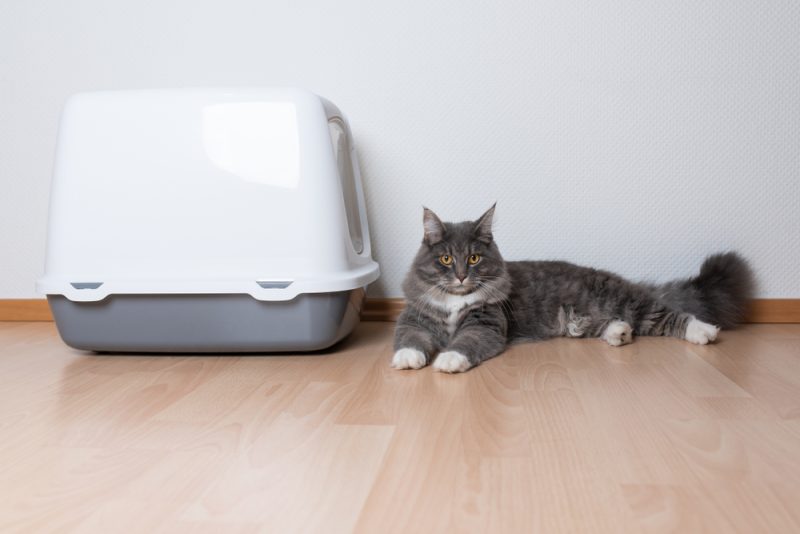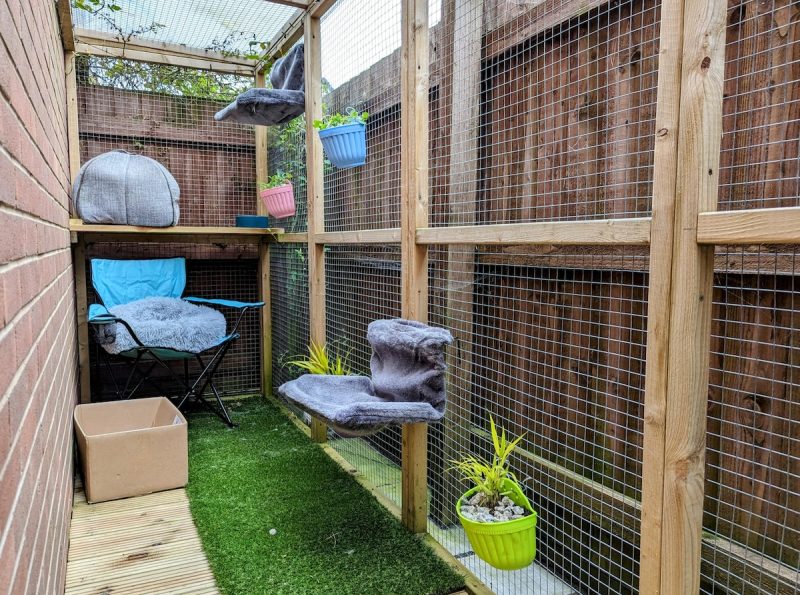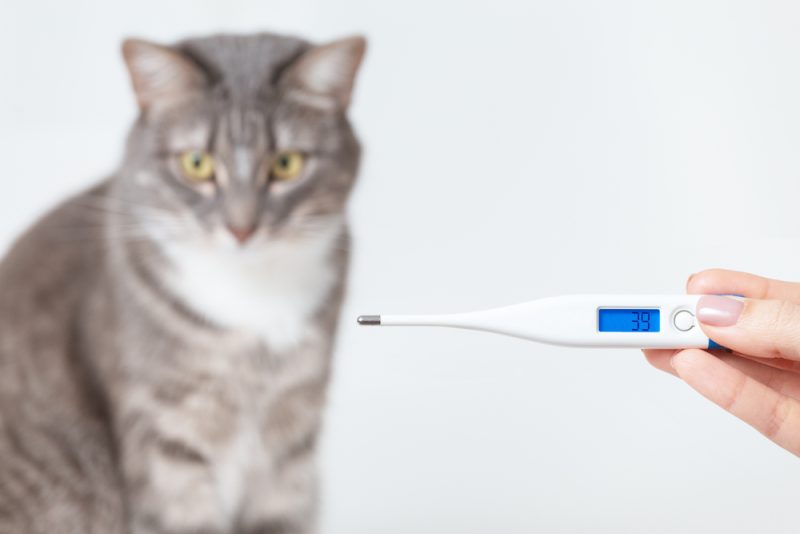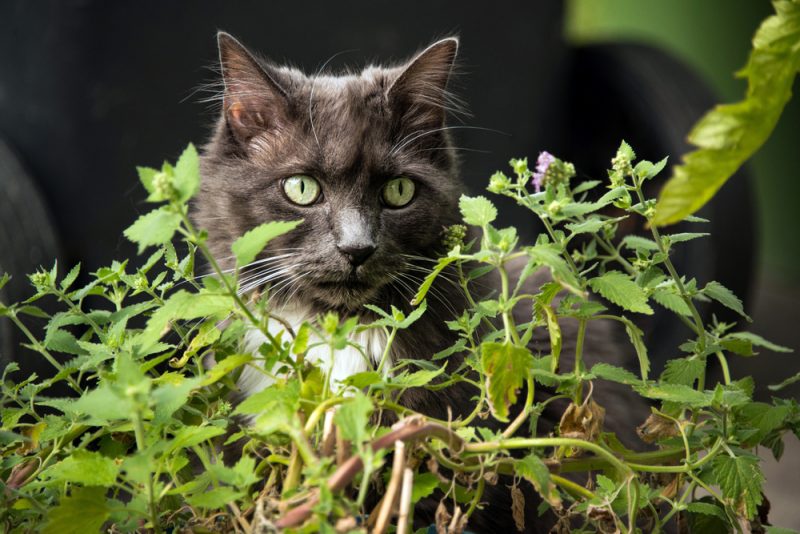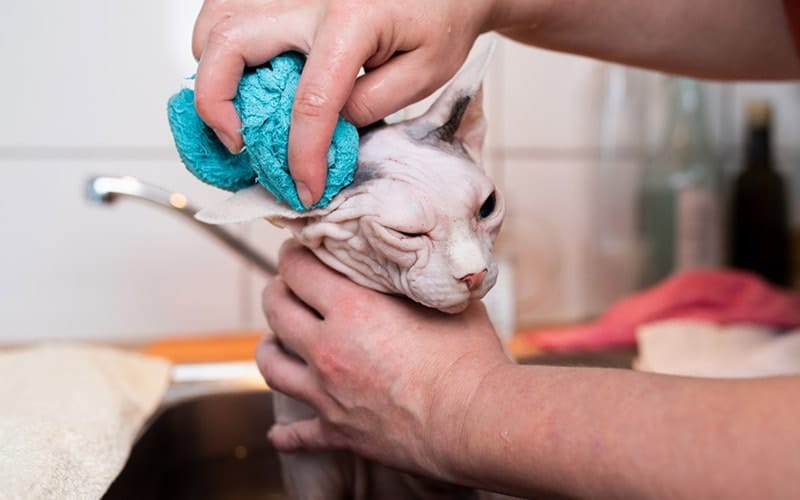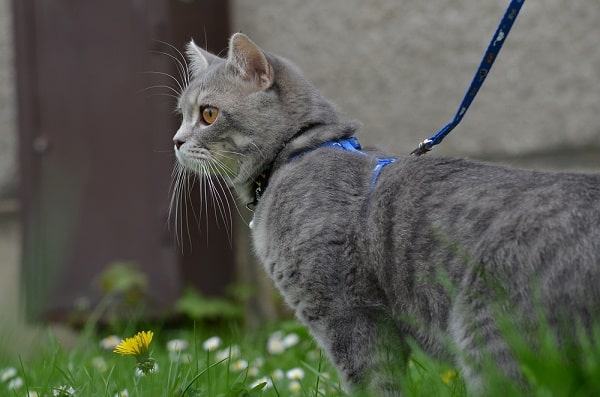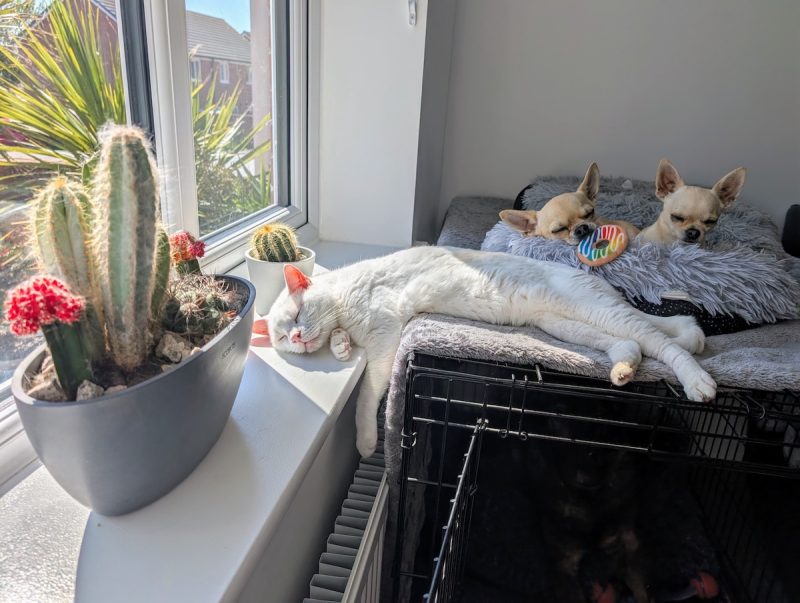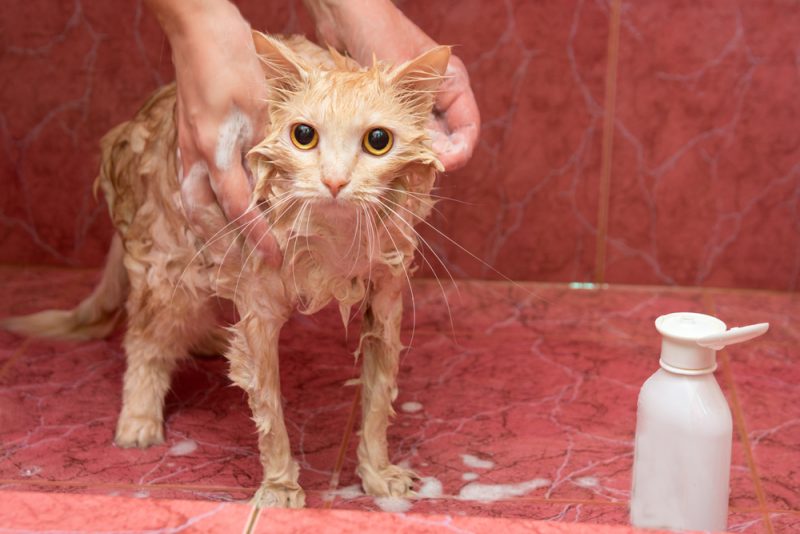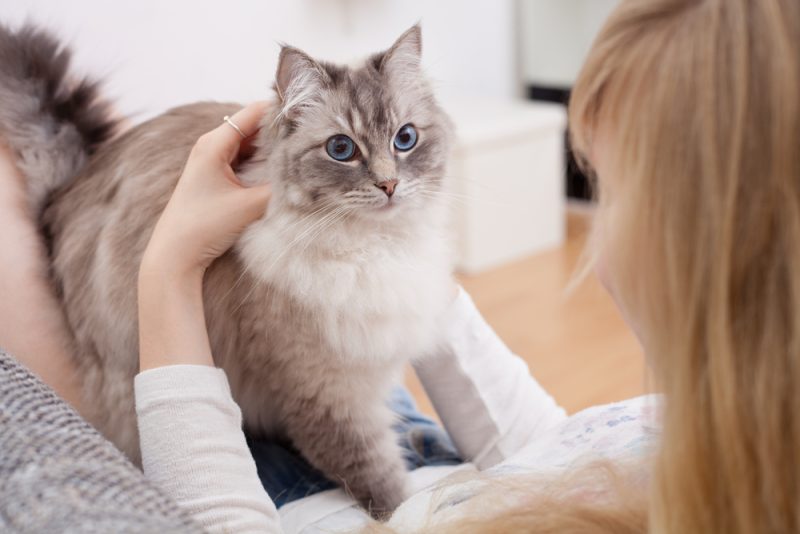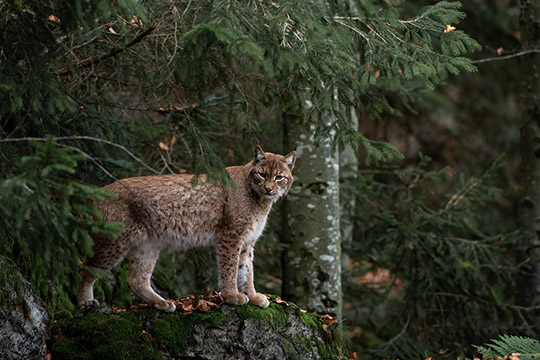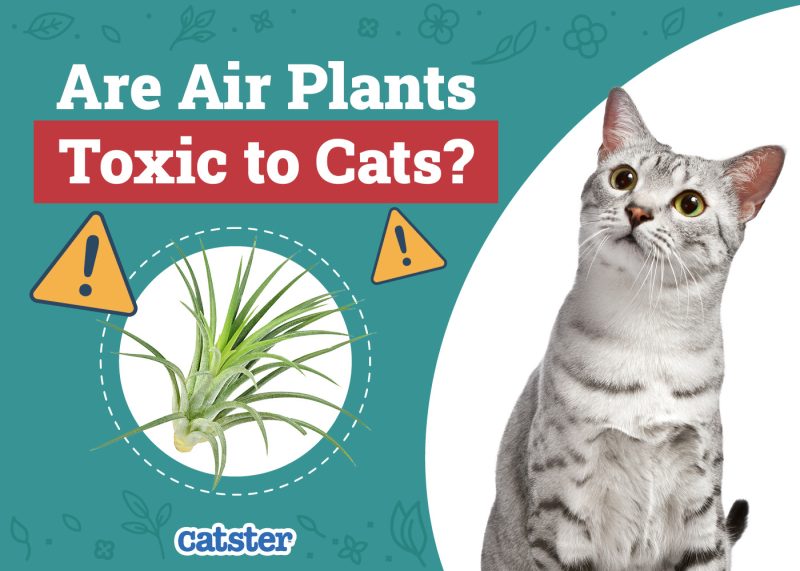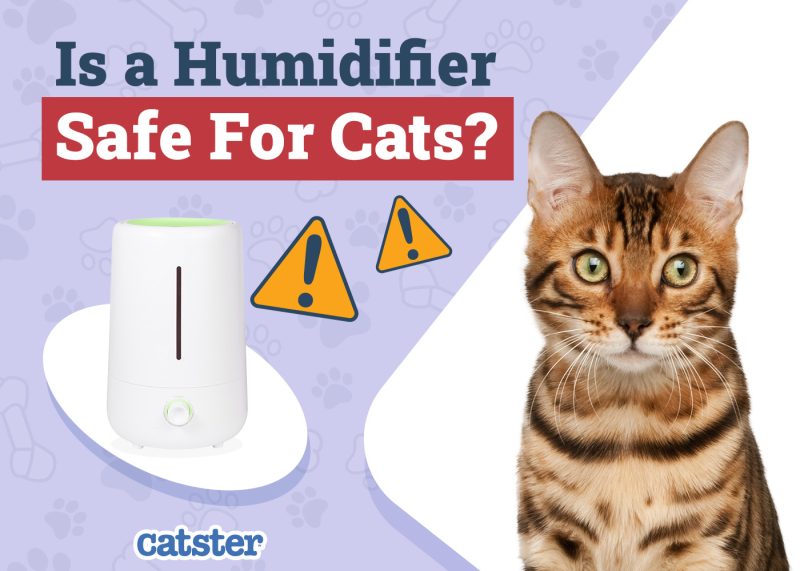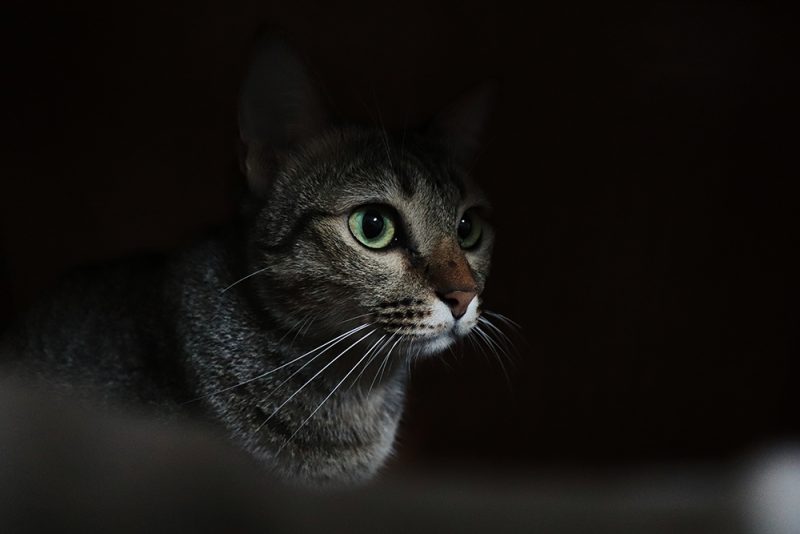In this article
View 2 More +Enclosed litter boxes are all the rage, but do cats really like them or are they more for the owner’s benefit? While some cats don’t mind enclosed litter boxes, most of the time, cats prefer open litter boxes. But why is this the case? Keep reading and we’ll go over everything you need to know to make the best decision for you and your cat.

The 5 Pros of Enclosed Litter Boxes
While cats typically don’t like enclosed litter boxes as much as open ones, they do offer numerous advantages. With that in mind, know that many of these are for your benefit only and not your cat’s.
1. Hides the Waste
Nobody wants to walk in and see cat poop, and with an enclosed litter box, you don’t have to. It’s a huge perk, especially if you want to keep them in a more central living area.
2. Keeps Other Pets Out
Dogs are notorious for getting into litter boxes, and enclosed spaces are a way you can easily keep them out of it. Not every enclosed litter box is 100% dog-proof, but we’re sure you can find an option that keeps other pets out.
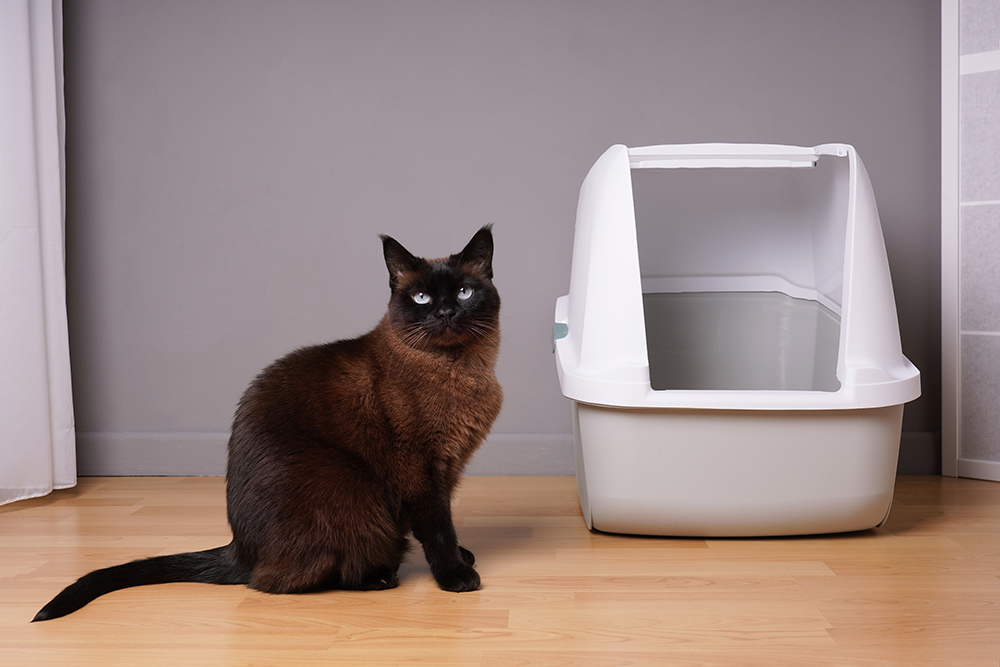
3. Provides Privacy
Some cats like a little privacy when they’re doing their business, and an enclosed litter box gives them just that. This is especially important if the litter box is in a main living area where you spend a lot of your time. However, you should really give your cat a private place to potty whenever possible.
4. Helps With Odor Control
Enclosed litter boxes help trap odors inside the litter box, which keeps the odor away from spreading around your home. You still need to keep up with the cleaning, but there’s no denying that it helps keep the odors at bay.
If you're dealing with stubborn smells in your litter box or elsewhere in your house, a good cat litter deodorizer can work wonders.
- Bio Enzymatic Cat Litter Freshener - Smart formulation uses natural ingredients eliminating cat...
- Save Money - Stuff for cats isn’t the cheapest. With this litter box odor eliminator, you’ll...
- Every Litter, Every Surface - Are you afraid this additive won’t work on your litter? Fear not!...
We recommend Hepper's Advanced Bio-Enzyme Cat Litter Deodorizer, an all-natural litter additive that fights odors using bio-enzymes. This effective deodorizer is fragrance-free and works on all types of cat litter. It's also effective anywhere you have lingering odors, including diaper pails, garbage cans, and kennels!
At Catster, we’ve admired Hepper for many years and decided to take a controlling ownership interest so that we could benefit from the outstanding designs of this cool cat company!
5. More Aesthetically Pleasing
Enclosed litter boxes often hide the litter, and you can find them in tons of styles and designs. They’re far more aesthetically pleasing than open litter boxes, which is a big win for the rest of your home décor.
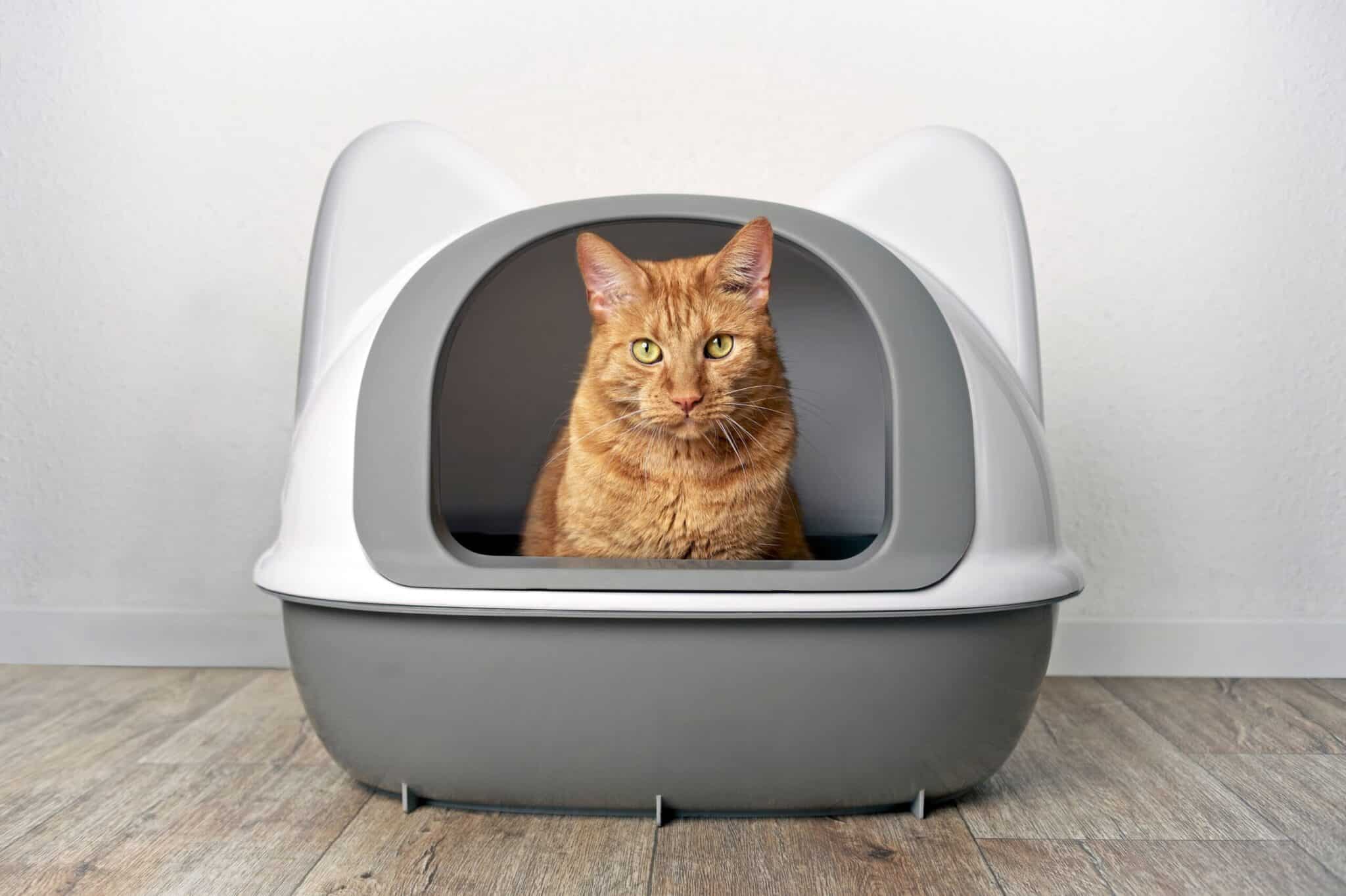

The 4 Cons of Enclosed Litter Boxes
The truth of the matter is that many cats prefer open litter boxes over enclosed litter boxes. There are a few different reasons for this, and while you can do something about some of them, there are others that just come with the enclosed design.
1. They Trap Odors Inside
You like enclosed litter boxes because it keeps the odor out of your home, but that’s because it’s all stuck in the litter box. Cats don’t like the smell either, and they have far more scent receptors than humans. If your cat has a choice between a stinky litter box and a clean place to go, they will pick the place that doesn’t smell.
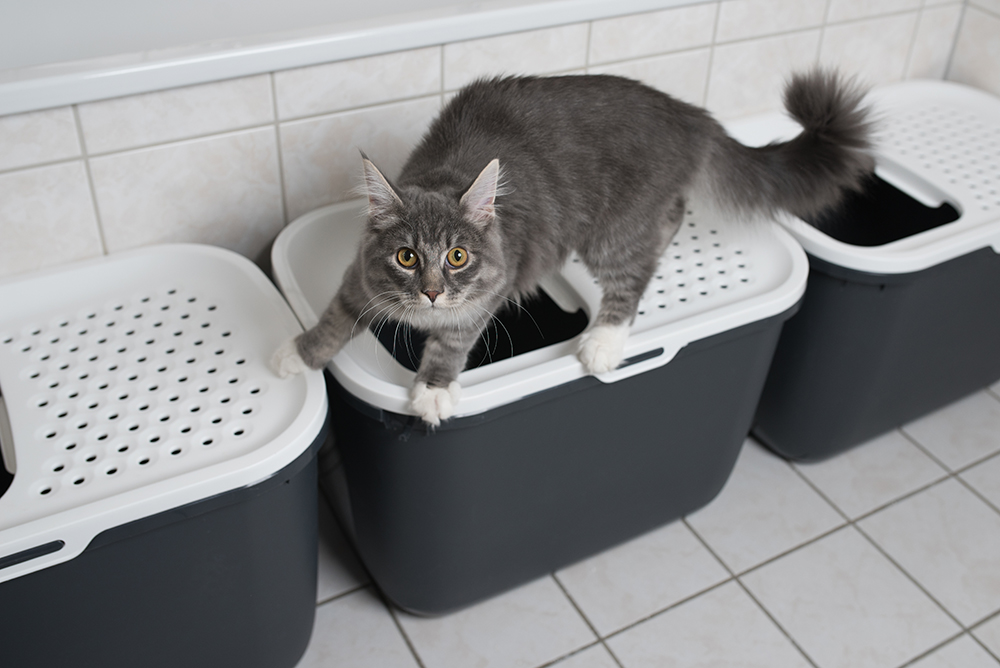
2. They Can Be Too Small for Your Cat
Your cat needs to have enough space to turn around and find a nice place to relieve themselves, and often, an enclosed litter box is just too small. Most of the time, enclosed litter boxes just aren’t comfortable for cats to use.
3. They Can Make Your Cat Feel Trapped
Whenever your cat goes into an area with one way in or out and it’s completely enclosed, it can be overwhelming for them. There’s really no way around this, but the larger the litter box, the less likely it is to make them so uncomfortable.
4. Difficult Access For Senior Cats With Reduced Mobility
Older cats suffering from reduced mobility from joint degeneration will not appreciate having to jump into a hooded litterbox. If the entrance is too high up and the pain makes it challenging, they might start looking for a plan B.

How to Make Your Cat Like an Enclosed Litter Box Better
If your cat doesn’t like enclosed litter boxes as much but you prefer them, what can you do about it? If you follow the tips we’ve highlighted below, you can make enclosed litter boxes a bit more palatable for your feline friends.
Get a Bigger One
One of the top issues cats have with enclosed litter boxes is how cramped they can feel, and the easiest way to remedy this is to give them a bigger litter box. Bigger boxes make it a bit easier for your cat to move around inside them, which is a big deal for eliminating waste comfortably.
Clean Them Regularly
Enclosed litter boxes can trap odors inside them, making it so your cat wants to stay away from them. If you regularly clean out the litter boxes, they won’t smell nearly as bad, and it’s more hygienic for your cat.
Put It in a Safe Place
One of the biggest issues with enclosed litter boxes is that your cat feels trapped since they can’t watch their surroundings while they’re vulnerable. However, if you put it somewhere where they know they’re safe and won’t be bothered by other pets or people, this could help them adjust and feel safer when in the enclosed space.
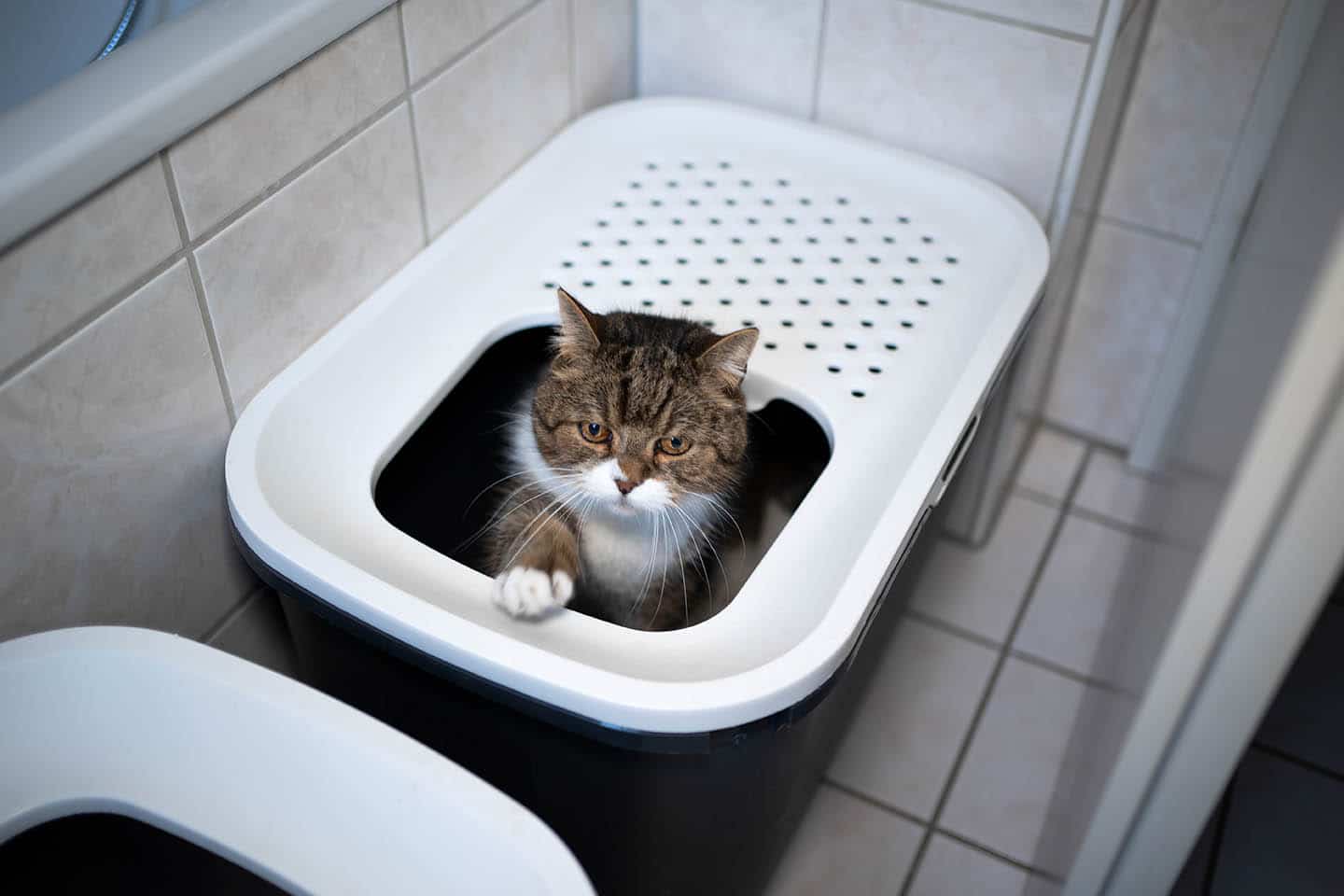

Final Thoughts
While some cats might not like enclosed litter boxes as much as open litter boxes, if you get a big enough one, keep it clean, and make them feel safe there, your cat should like it enough to keep using it. While you might need to spend a little more to get the best litter box for your cat, they last for years and are well worth the investment.
Featured Image Credit: Nils Jacobi, Shutterstock
